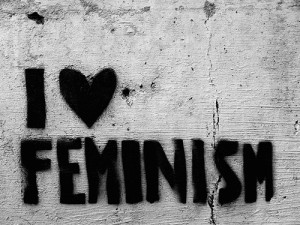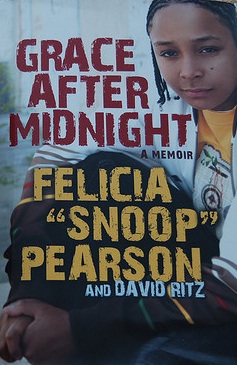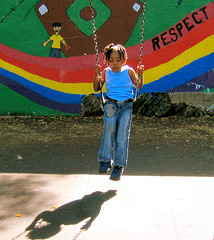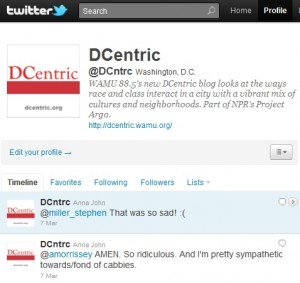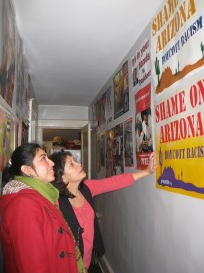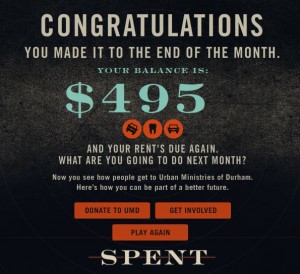DCentric’s Twitter feed is full of references to two essays about Black males and feminism. The first piece is on The Root: “Why I Am a Male Feminist“. It inspired G.D. at PostBourgie to pen this moving, personal, follow-up post: “Black. Male. Feminist?“.
In it, he describes how all of the grown-ups who shaped his childhood, who “yelled at us to come inside when it got dark, and who organized the church trips, camps and block parties, were almost always black women”:
…those women would never have identified as feminists, but they were (and remain) giants to me. And I was living in a world, albeit not the one they probably would have preferred, in which the traditional gender roles were queered. My world was largely populated by black women who were fantastically smarter and more competent than I was. That didn’t forestall my fantastically awkward attempts to slide into some ill-fitting molds of masculinity, and I still bought into all those gendered hierarchies even though they were especially abstract for me. But all of this hobbled my capacity to see the eventual assumption of gender roles as foregone or necessary conclusions, and stoked a lingering skepticism of the supposed truths on which they rested…
The relationship those realities have to my blackness is a muddled one; sometimes they’re independent, sometimes they act in concert. But if growing up black and poor and male provided an unlikely bridge to anti-sexist thinking, so has feminism complicated the way I think about blackness and class. The way I perform masculinity is wrapped in the way I understand blackness, and vice versa. Their parameters are constantly evolving in my head, which means constantly reconsidering the way I orient myself to the world. This is rarely comfortable stuff. But it shouldn’t be.



